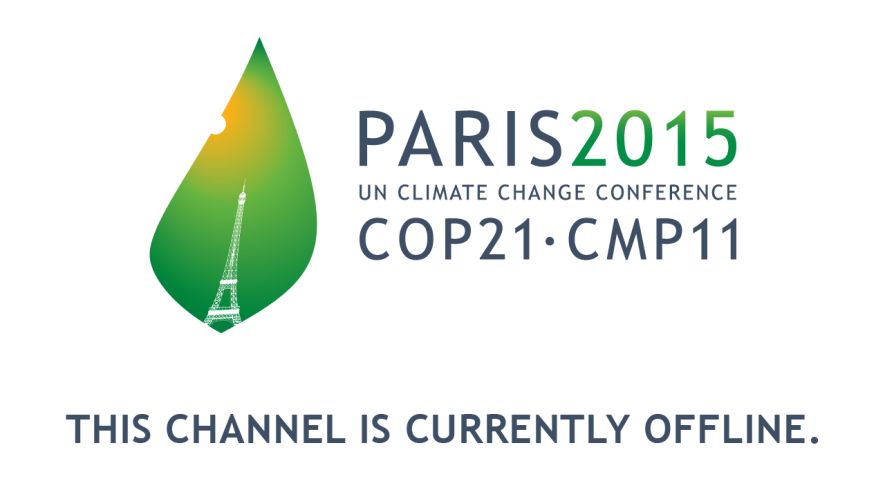On Tuesday, 2 December 2015, the Tara Pavilion devoted an entire day to the issues confronting small islands and their vulnerability to climate change, with a series of conference sessions and debates to highlight the challenges of rising seas.
Kiribati, Maldives, Palau, etc. Island nations are the first victims of climate disruptions, in particular rising sea levels. Their representatives have been sounding the alarm since the end of the 1980s due to the reality of the threats to small islands. After a series of conferences highlighting the links between climate and ocean, it was logical that the Tara “Ocean & Climate” Pavilion organized a day dedicated to this issue.
Three conference cycles open to the general public were thus devoted to the impacts of climate change on coral reefs, solutions for a development compatible with climate risks, and challenges to be met in terms of adaptation and risk limitation. Among experts, scientists and NGO representatives addressing the conferences, were also policy makers who are in the front line of these upcoming changes – including Philippe Germain, President of the government of New Caledonia, and Tommy Remengesau, President of the Republic of Palau.
“The ocean is life. It’s central to our culture, economy and identity” reminded Tommy Remengesau to the Tara Pavilion’s audience. “Thanks to all these discussions, especially in small groups as here, we can truly propose realistic solutions to those who are the most affected by climate change.”
And the 21,000 inhabitants of the archipelago of Palau are undoubtedly amongst the most affected, like any other island populations of the Pacific Ocean. For all these islands, the threats are often the same.
First and foremost is rising sea levels, consequence of the warming of the oceans which causes their expansion and the melting of glaciers. With an average elevation of 17 centimeters during the 20th century, low-lying islands have seen their lands gradually submerged by the ocean. Another already visible threat is ocean acidification and warming that especially endanger coral reefs. Tara will focus on this crucial issue during her next expedition in 2016, studying coral reefs in Asia and the Pacific Ocean.
The list of the consequences of climate change on small islands goes on: probable intensification of hurricanes, severe degradation of mangroves, viability of several populations called into question, etc. Climate change may remain somewhat abstract for many Westerners; on the contrary, island populations are already witnessing its first effects. “Although I’m on the front line regarding what’s happening with climate change, I’m also struck by the fact that small islands are a window on what could affect the rest of the world” said Tommy Remengesau.
Indeed, if small islands are currently the most concerned, they may augur the future of most coastal areas on the planet.
Interview by Yann Chavance, correspondent aboard the Schooner Tara.





